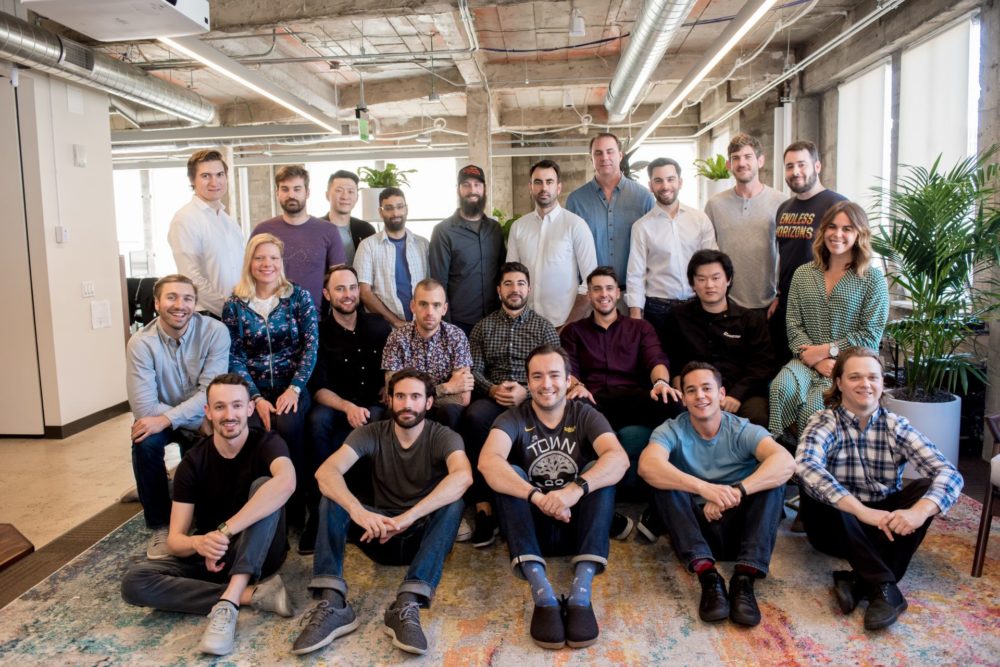Onfleet, a provider of ‘last-mile’ logistics software, has raised $14 million in a Series A round led by UK-based private equity firm Kennet Partners. The funding will be used to help the San Francisco startup capture the surge in demand for delivery support due to Covid-19.
“April and May were absolutely insane. We onboarded about 300 new customers in those two months,” Khaled Naim, co-founder and CEO of Onfleet, told AFN. “Luckily, we were well set up for it. We have a self-serve channel where companies can come in and learn about the product, sign up, and start using it right away without needing to talk to anyone. We’ve invested a lot in usability.”
Launched in 2015, Onfleet markets its technology as a B2B software-as-a-service product that helps businesses manage their fleet of delivery drivers, whether in-house or external. It allocates delivery jobs to drivers as efficiently as possible with its route optimization algorithm, which crunches real-time and historical traffic data to come up with the fastest routes for drivers to take.
The unprecedented surge in demand for last-mile logistics support tools — brought on by demand for home deliveries of groceries, meals, and other goods from locked-down consumers — came with plenty of challenges. Maintaining morale in Onfleet’s team required extra considerations around mental health and work-life balance. The startup’s B2B clients, including several catering companies, have had to pivot to new offerings to survive the pandemic.
It has also worked with Covid-19 relief organizations during the past several months, including food banks, personal protective equipment donation services, and testing supplies.
“We’ve definitely been stretched really, really thin. Everyone on the team has been working super hard,” Naim said. “That’s part of the reason [now] is a really good time for us to grow the team.”
Onfleet claims it has powered over 80 million deliveries in more than 90 countries for food and beverage clients including Kroger, Total Wine & More, Sweetgreen, Drizly, and Imperfect Foods. It serves “thousands” of enterprise customers in other industries, too.
From prepared foods to alcohol to grocery, each category offers unique challenges. Alcohol deliveries come with confirmation requirements in jurisdictions where its legal, for example – while groceries require careful considerations around cold storage and perishability.
“Some of our clients like United Supermarkets were just using Google Maps to plot out the routes for drivers. Then, we came along and showed them what we can do and it was a no brainer,” Naim said.
“They’ve improved efficiency around 50% since they started using Onfleet, which means they can do more deliveries per unit time.”
The food retail tech space has seen a massive bout of interest since the pandemic hit. Automated smart store technology developer Pixevia, cloud kitchen startup iKcon, and food pick-up point creator Minnow all raised fundings earlier this year. Sysco, the US foodservice giant, sold its restaurant management platform CAKE to Mad Mobile in August; while Canada’s TouchBistro acquired US loyalty and marketing company TableUP in the same month.
Of course, with new demand comes new competition. But the way Naim sees it, continuing to push the food industry toward adopting innovation is Onfleet’s biggest foe.
“We like to say our biggest competitor is Microsoft because of Excel,” he said. “The industry standard is spreadsheets, phone calls, text messages. It’s a very pen-and-paper industry because there haven’t been any great tools in the past.”





